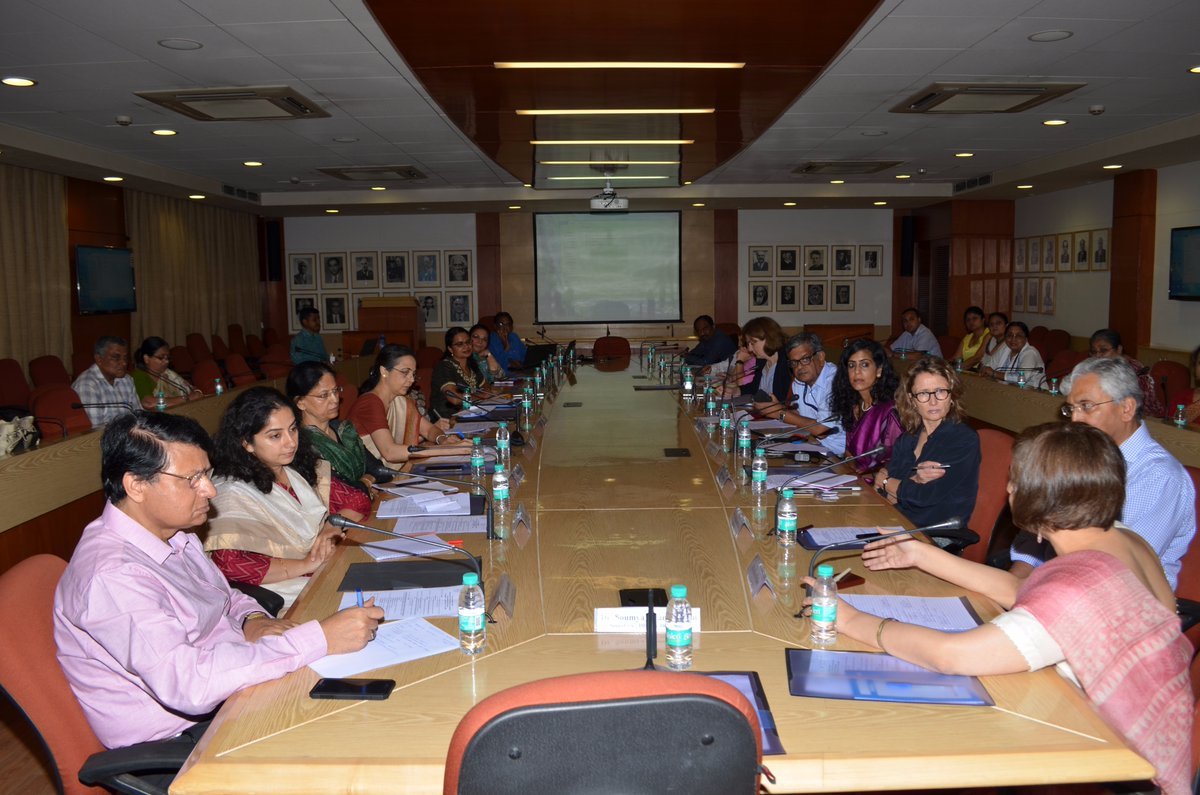The George Institute and ICMR discusses about “The Future of Women’s Health”
August 16, 2017 | Wednesday | News
This roundtable focused on key challenges in the areas of data collection and analysis
With the aim of initiating dialogue around various aspects of women’s health, The George Institute for Global Health along with the Indian Council of Medical Research recently organised a roundtable on “The Future of Women’s Health: Using Data and Research to shape women’s Health Policy and Program”.
This roundtable focused on key challenges in the areas of data collection and analysis. Some of the challenges identified were consideration of cost, asking the right questions, establishing mechanisms to collect the right data, finding the right tools to analyse the data, taking the time to analyse and report the data, and strengthening the evidence base for changing policy and practice around women’s health. The roundtable also addressed some very pertinent questions on the reasons for gaps in gender-based research.
Speaking at the roundtable, Dr. Vivekanand Jha, Executive Director, The George Institute for Global Health said, “Women’s health research is still very much in its infancy. Women are still purposefully and systematically excluded from clinical research, and there is no appreciation of sex differences. Even when data is collected on both men and women, sex disaggregated analysis is never done, so women’s health conditions are not studied in a nuanced manner.”
“Greater focus on women’s health is the need of the hour. There are gender differences in society, economics, and at the work place, besides of course in the family, which contribute to distinct health needs and varying health system uses”, he added.
The roundtable brought forth some very important points of discussion such as the need to look at multi-dimensional aspects of women’s health while framing policies and programmes. Also, the discussions threw light on the burden of mortality among women in India due to non-communicable diseases (NCD), which, over the years have emerged as the top killers of women in India – responsible for close to 60% of all deaths among women in 2013.
This was a second in a series started by The George Institute for Global Health India, in order to address various issues related to women’s health. The first gathering was held in March last year, where the aim was to collect the views of various stakeholders that can help document gender disparities in awareness, access and quality-of-care, and finding biological, social, cultural and health system related explanations for these disparities. It also aimed at determining how best to improve the health of women and adolescent girls, and at identifying strategies to reshape the women's health agenda through a life course approach including prevention and management of non-communicable diseases and injuries.









